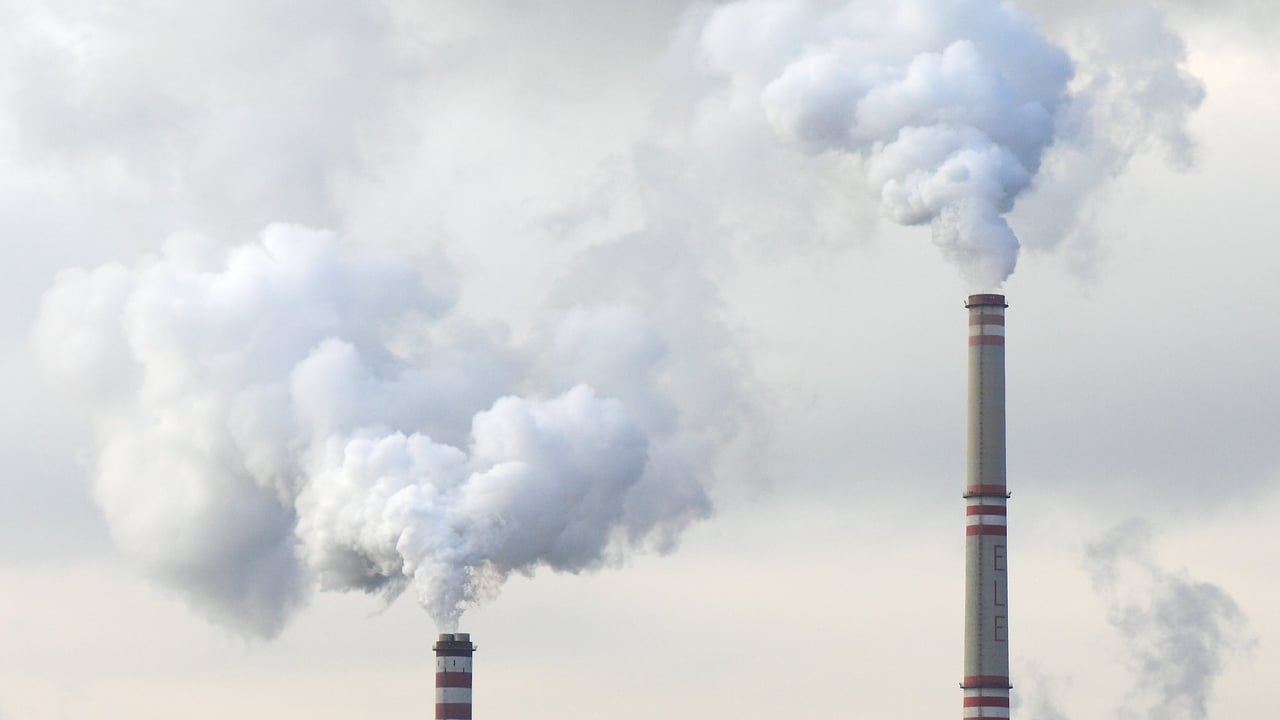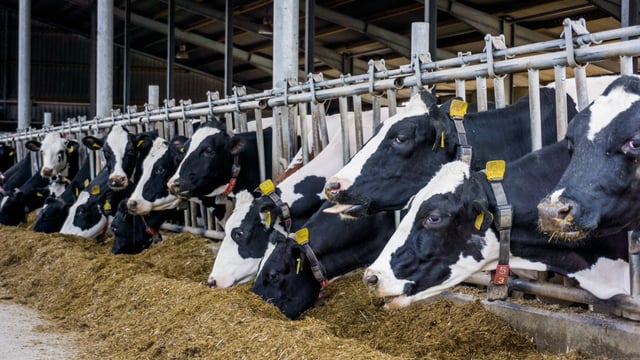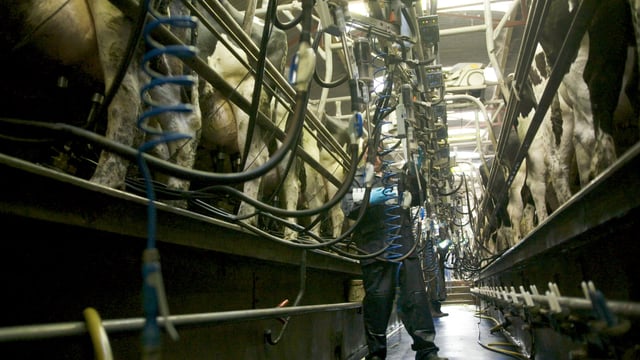COP28: Agreement to 'transition away' from fossil fuels
Almost 200 nations have agreed to "transition away from fossil fuels in energy systems" at the 28th United Nations (UN) Climate Change Conference of the Parties (COP28).
In the early hours of this morning (Wednesday, December 13), a draft deal which runs to 21 pages and almost 200 paragraphs was unveiled following several days of negotiations at the event taking place in Dubai.
The document, which was later approved during a plenary session, calls on all countries to move away from the use of fossil fuels.
However, the text does not specify that fossil fuels should be "phased out", something which many nations had called for.
The deal also calls for a substantial reduction in methane emissions by 2030.
The COP28 deal reaffirms the Paris Agreement goal of limiting the global temperature increase to 1.5°C above pre-industrial levels as "this would significantly reduce the risks and impacts of climate change".
The nations express "serious concern" that 2023 is set to be the warmest year on record and that impacts from climate change are rapidly accelerating, and emphasise the need for urgent action.
The nations committed to "accelerate action in this critical decade" on the basis of "the best available science".
The COP28 agreement acknowledges that climate change is a "common concern of humankind" and recognises the "fundamental priority of safeguarding food security and ending hunger".
It also notes the "particular vulnerabilities" of food production systems to the adverse impacts of climate change", while also highlighting the "critical role" of protecting, conserving and restoring water systems.
The deal encourages "sustainable agriculture, resilient food systems, nature-based solutions and ecosystem-based approaches", while protecting, conserving and restoring nature and ecosystems.
There was a particular emphasis on the role of fossil fuels in climate change during COP28.
The deal reached this morning, which is not legally binding, recognises "the need for deep, rapid and sustained reductions in greenhouse gas (GHG) emissions", while taking different national circumstances into account.
The document outlines the following ways in which this could be achieved:
- Tripling renewable energy capacity globally and doubling the global average annual rate of energy efficiency improvements by 2030;
- Accelerating efforts towards the phase-down of unabated coal power;
- Accelerating efforts globally towards net zero emission energy systems, utilizing zero- and low-carbon fuels well before or by around mid-century;
- Transitioning away from fossil fuels in energy systems, in a just, orderly and equitable manner, accelerating action in this critical decade, so as to achieve net zero by 2050 in keeping with the science;
- Accelerating zero- and low-emission technologies, including, inter alia, renewables, nuclear, abatement and removal technologies such as carbon capture and utilisation and storage, particularly in hard-to-abate sectors, and low-carbon hydrogen production;
- Accelerating and substantially reducing non-carbon-dioxide (CO2) emissions globally, including in particular methane emissions by 2030;
- Accelerating the reduction of emissions from road transport on a range of pathways, including through development of infrastructure and rapid deployment of zero and low-emission vehicles;
- Phasing out inefficient fossil fuel subsidies that do not address energy poverty or just transitions, as soon as possible.
The COP28 recognises that "transitional fuels can play a role in facilitating the energy transition while ensuring energy security".





